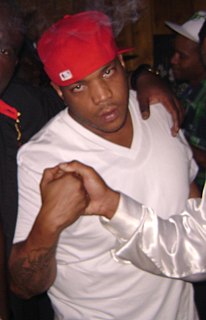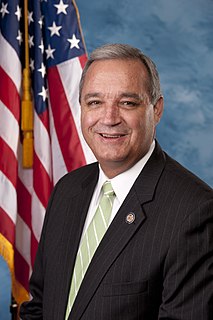A Quote by Gary North
Microeconomics: The study of who has the money and how I can get my hands on it.Macroeconomics: The study of which government agency has the gun, and how we can get our hands on it.
Quote Topics
Related Quotes
Some fundamentalists go so far as to reject psychology as a disciplined study, which is unfortunate and polarizing. By definition, psychology is the study of the soul, theology is the study of God. Generally speaking, systematic theology is a study of all the essential doctrines of faith, and that would include the study of our souls (psychology).
The iPod is clearly a tipping point (and I'm not quite sure it is a wholly positive development), because it is a revolution in the way that we consume creative property, which I would call art. It has radically changed the relationship between the artist and the audience, how money changes hands, and how much money changes hands. Music was the first, and books are coming next. The Kindle or some form of electronic book is clearly inevitable, and it will massively reshape how books are sold, who pays for them, and how they're consumed. It is going to be really fascinating.
I put that in my management's hands and my company's hands. We sit down all together, the family, D-Block, my management and I go build with KOCH, the distributor. You open up your own sites, you get your MySpace, you get your websites and get your little digital team on the side... and that's how you handle that.
I used to say to my classes that the ways to get insight are: to study infants; to study animals; to study primitive people; to be psychoanalyzed; to have a religious conversion and get over it; to have a psychotic episode and get over it; or to have a love affair with an old Russian. And I stopped saying that when a little dancer in the front row put up her hand and said, 'Does he have to be old?
The destiny of our land, the air we breathe, the water we drink is not in the mystical hands of an uncontrollable agent, it is in our hands. A future which brings the balancing of our resources-preserving quality with quantity - is a future limited only by the boundaries of our will to get the job done.





































